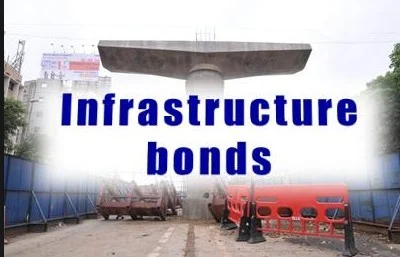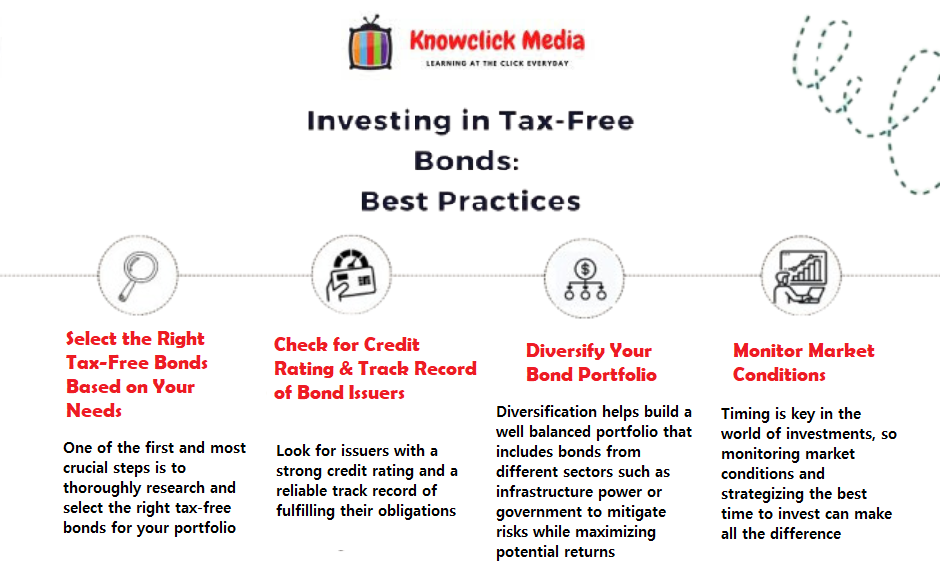
A Comprehensive Guide
In recent years, Infrastructure Bonds (IFBs) have emerged as a favorite investment option among savvy investors due to their tax-exempt status. These bonds, issued by the government, offer attractive coupon rates and serve as a valuable addition to any investment portfolio. In this guide, we delve into the intricacies of IFBs issued by the government over the past year and explore strategies to maximize returns while leveraging their tax benefits.
Understanding Infrastructure Bonds
Infrastructure Bonds, commonly referred to as IFBs, are debt instruments issued by the government to raise funds for financing various infrastructure projects. These projects encompass sectors such as transportation, energy, telecommunications, and social infrastructure. Unlike traditional bonds, IFBs come with the enticing advantage of being tax-exempt, meaning investors do not pay any tax on the interest earned from these bonds.
Recent Issuances
In the past year, the government has issued four notable infrastructure bonds, each offering different coupon rates and maturity dates:
- IFB1/2023/017 (March 2023): Coupon Rate – 14.399%, Maturity – February 2040.
- IFB1/2023/007 (June 2023): Coupon Rate – 15.837%, Maturity – June 2030.
- IFB1/2023/6.5 (November 2023): Coupon Rate – 17.9327%, Maturity – May 2030.
- IFB1/2024/8.5 (February 2024): Coupon Rate – 18.4607%, Maturity – August 2032.
Interest Payment Schedule
It’s essential for investors to understand the interest payment schedule of each bond to effectively manage their cash flows. The interest payments for the aforementioned bonds are as follows:
- IFB1/2023/017: March and September.
- IFB1/2023/007: July and December.
- IFB1/2023/6.5: May and November.
- IFB1/2024/8.5: February and August.

Investment Strategies in Infrastructure Bonds
Investing in Infrastructure Bonds requires careful consideration of various factors to optimize returns and minimize risks. Here are some strategies to make the most of your IFB investments:
- Diversification: Spread your investments across different IFBs to mitigate concentration risk. Diversifying your portfolio reduces the impact of any adverse developments in a particular bond.
- Yield Curve Analysis: Evaluate the yield curve to identify bonds offering attractive returns relative to their maturity. Adjust your investment horizon based on your risk appetite and income requirements.
- Reinvestment: Reinvest the interest payments received from IFBs to benefit from compounding. By reinvesting, you can accelerate the growth of your investment portfolio over time.
- Tax Planning: Capitalize on the tax-exempt status of IFBs to enhance your after-tax returns. Consult with a tax advisor to explore strategies for optimizing your tax position through strategic bond investments.
- Duration Management: Assess the interest rate risk associated with IFBs and adjust the duration of your investments accordingly. Shorter-duration bonds are less sensitive to interest rate fluctuations, offering greater stability in volatile market conditions.
- Market Monitoring: Stay informed about macroeconomic trends, government policies, and regulatory developments that may impact the performance of Infrastructure Bonds. Regularly review your investment strategy and make necessary adjustments based on changing market dynamics.

Explore: What Are Money Market Funds
Infrastructure Bonds present a compelling investment opportunity for individuals seeking tax-efficient income streams and stable returns. By understanding the nuances of IFBs and implementing sound investment strategies, investors can unlock the full potential of these bonds while contributing to the development of critical infrastructure projects. With careful planning and prudent decision-making, IFBs can play a valuable role in achieving long-term financial objectives and building wealth for the future.

